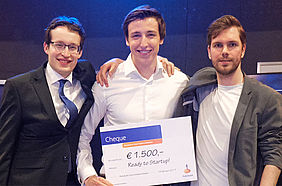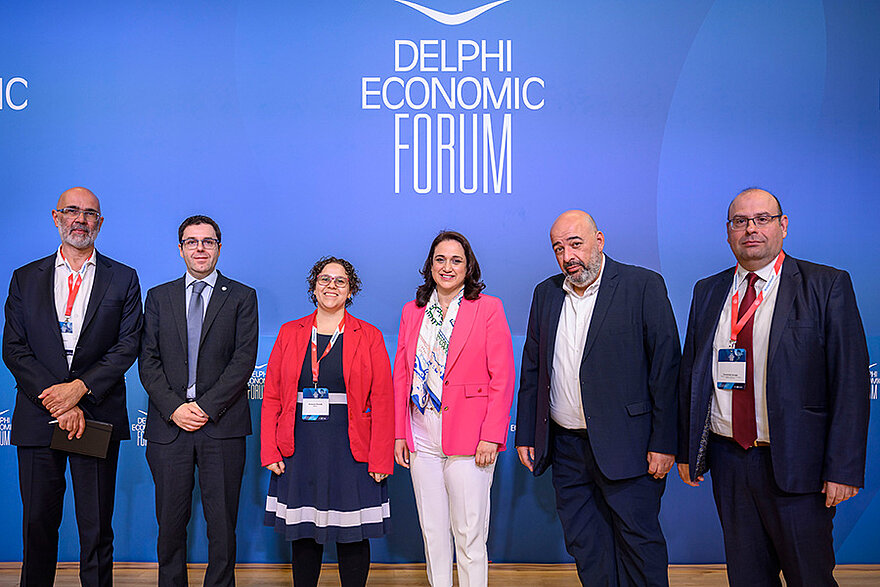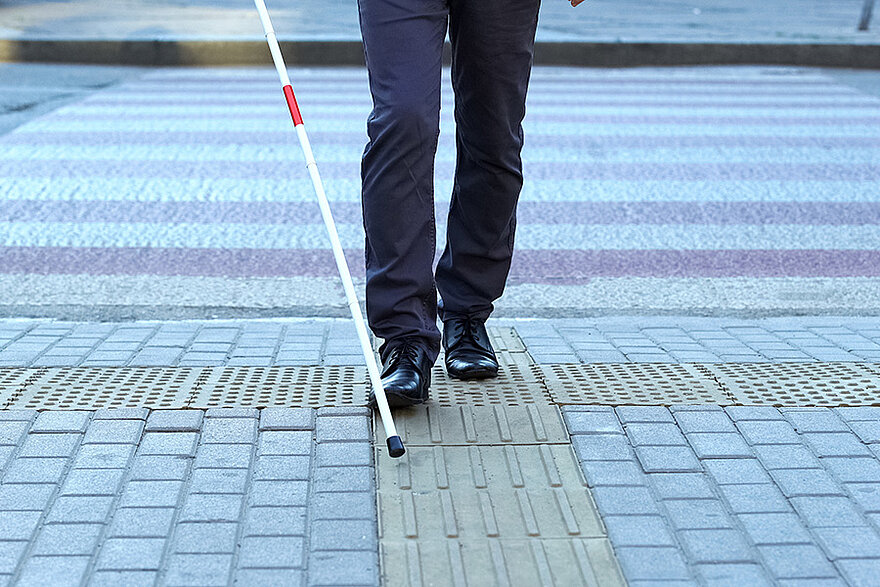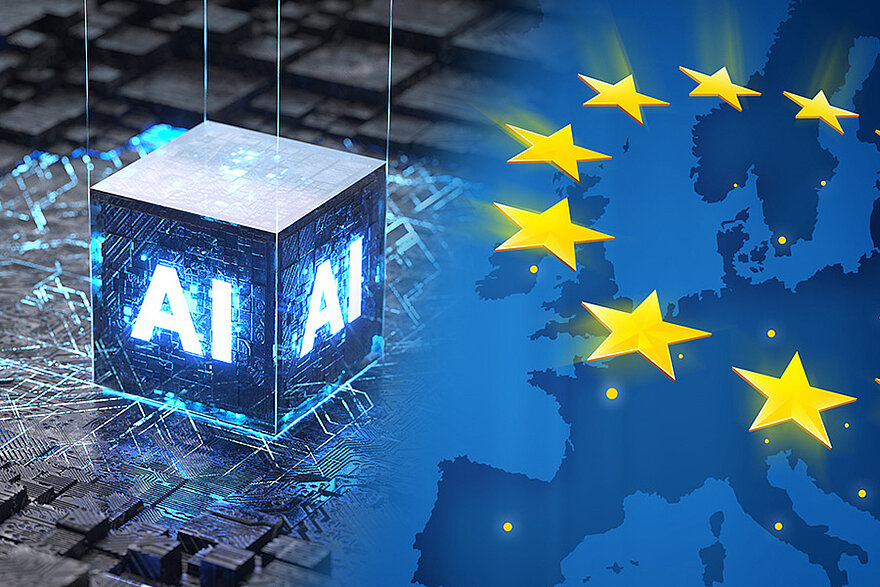Many students often have a job on the side to finance their studies. However, that wasn't enough for the 22-year old Robert Carosi who started his own business during the first year at the EIT Digital Master School.
It started as a joke. Half Dutch / half Italian, Carosi decided with three other students to take part in a hackathon, organised by the Chamber of Commerce in The Hague. "A woman told a story about how she became a victim of phishing." Within 24 hours they needed to come up with a solution to help people like her. They did - and won € 7,000.
The students developed their concept further as part of their studies - specifically the ‘Ready to Startup' course -, where students learn to write a business plan. "We wanted to see how far we could take it - and we came up with Phishermen." At the end of the course, they entered another competition where the students won € 1,500. "The jury was impressed."
Fuelled by their accomplishments and the enthusiastic atmosphere at EIT Digital, the students decided to take a chance and turn their idea into a business.
In March 2017, Carosi registered their new company ‘Phishermen' at the Chamber of Commerce. "Before I entered the school, turning an idea into a business or finding customers seemed far-fetched. But the EIT Digital Master School challenges students to step outside their comfort zone. The atmosphere feels more like the "American Dream": you can have a dream and make it true. 'Try it'. The staff and students at EIT Digital have a passion to change the world for the better and that is very stimulating for entrepreneurship."
Phishermen
When a customer signs up to Phishermen, Carosi and his companions send all the client’s employees real but disarmed phishing emails. Any employee who isn’t careful and clicks on links or opens attachments is confronted with a simulation of a computer virus.
Shortly after, a message appears confirming that it was only a simulation and gives suggestions on how to recognise phishing mails and act more cautiously in future. At the end of the month, the employer receives a report summarising how employees handled the emails. "This is important to break the taboo that revolves around phishing and provide a basis for open and honest communication. People are afraid to talk with co-workers about emails they do not trust, and when they become a victim they often feel stupid and do not dare to talk about it."
The shock-effect in the simulation is important to create awareness around the risks of phishing emails, says the Dutchman. "Making the fears and the risks discussable is the first step because people form the weakest link when it comes to IT security. Many companies invest a lot in firewalls and virus scanners, but not in the people themselves."
Vision
The philosophy of Phishermen is to address the social factor of cybersecurity. "Focus on the people". The young entrepreneur is confident that Phishermen will fill a gap in the market. "Phishing is one of the biggest risks for companies. Last year two out of three companies suffered from security problems as the result of phishing attacks. Now is the time to stop ignoring the problem, and start teaching people how to defend themselves. Most companies in cybersecurity offer complex technical solutions. Small companies often lack the time and resources for prevention. We take these problems on by providing a fully automated solution. Phishermen uses crowdsourcing to gather the most dangerous phishing mails. Hackers constantly think of new ways to attack companies, which is why it is important to continuously expose employees to the latest threats. "This way we strengthen an organisation's immune response, better protecting it from phishing attacks."
Study
Carosi sees no problem combining his studies with his new business. "I still meet my deadlines and I enjoy doing this on the side so it doesn't really feel like work."
And there is no question of him quitting the course. "I am always looking to learn more and EIT Digital is a great source of knowledge. The added benefit of a large network of excellent international students makes it invaluable."
Expanding
He has it all figured out. When he attends the forthcoming Summer School in Trento as part of his course, his co-workers will cover for him. What happens when he goes to KTH University for his second year at the EIT Digital Master School? He'll see. He suggests that being in Stockholm may be an opportunity to break into a new market and make Phishermen international - protecting companies throughout the world. "Time will tell."









